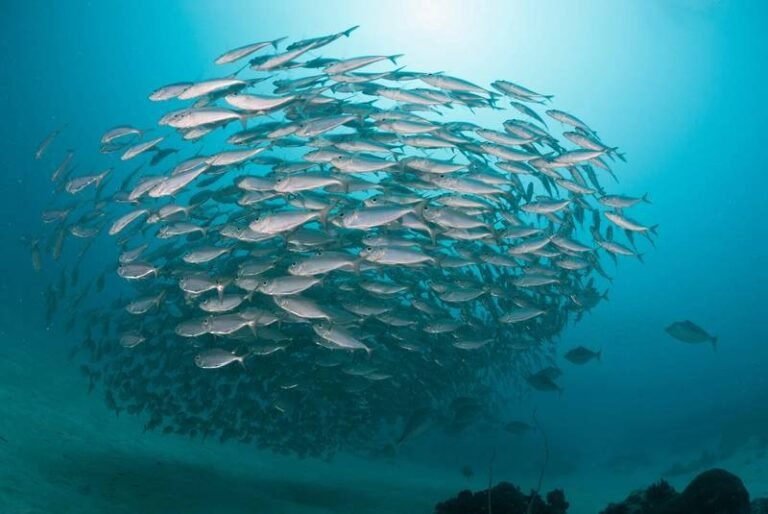A New Initiative to Protect Our Oceans and Boost Local Economies
A new initiative called Revive Our Ocean was launched on Thursday with the aim of helping communities benefit from efforts to protect at least 30% of the world’s oceans by 2030. Led by the NGO Dynamic Planet and the National Geographic Society’s Pristine Seas program, the initiative will support local communities in establishing marine protected areas in coastal waters.
One of the key focuses of Revive Our Ocean will be addressing issues such as overfishing and the impacts of climate change on the ocean in countries like Britain, Portugal, Greece, Turkey, Mexico, the Philippines, and Indonesia. Enric Sala, executive director of National Geographic Pristine Seas, emphasized the importance of combating overfishing, stating that it is the biggest threat to sustainable fishing practices.
Establishing marine protected areas not only benefits marine life but also has economic advantages. Studies have shown that these protected areas can improve fishing yields and boost tourism, making them a valuable asset for local economies. Kristin Rechberger, the founder of Revive Our Ocean, highlighted the economic potential of marine protected areas, referring to them as “good businesses.”
Despite the benefits of marine protected areas, progress in creating them has been slow. Over 190,000 protected areas would need to be established to meet the “30 by 30” target set for 2030. Revive Our Ocean aims to accelerate the creation of these areas to revitalize marine life, economies, and communities.
This initiative comes at a crucial time as countries gather in New York to discuss the implementation and financing of a global treaty agreed upon in 2023 to protect ocean biodiversity. The treaty requires ratification by 60 governments to take effect, with only 21 countries having done so thus far. Additional ratifications are expected before the 2025 United Nations Ocean Conference in France in June.
Environmental groups stress the urgency of ratifying the treaty this year to meet the target of protecting 30% of the world’s oceans. Currently, only about 8% of the ocean – equivalent to 29 million square kilometers – is under formal protection. While the United States played a role in establishing the treaty, its absence from the recent negotiations suggests it may not ratify the agreement.
Revive Our Ocean and other similar initiatives are crucial in the global effort to protect marine ecosystems, promote sustainable fishing practices, and support local economies. By working together to establish marine protected areas, countries can pave the way for a more sustainable and prosperous future for our oceans.
(Source: Reuters – Reporting by David Stanway; Editing by Alison Williams)

